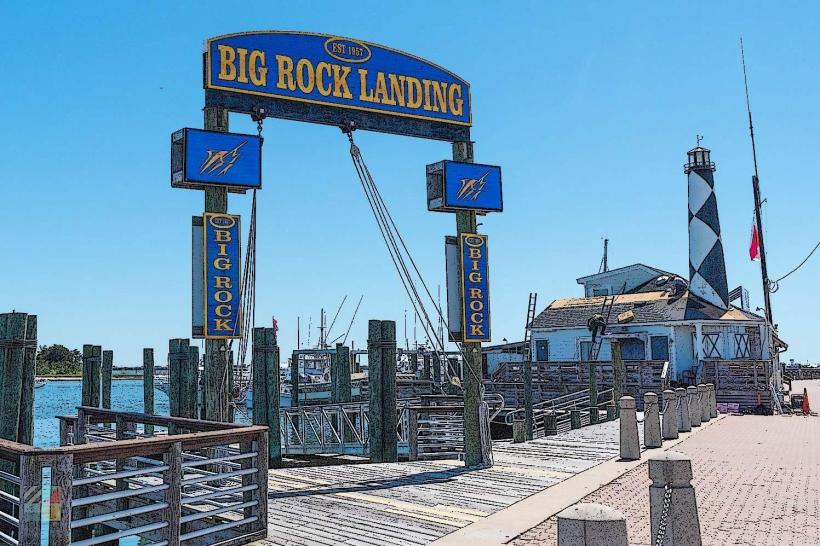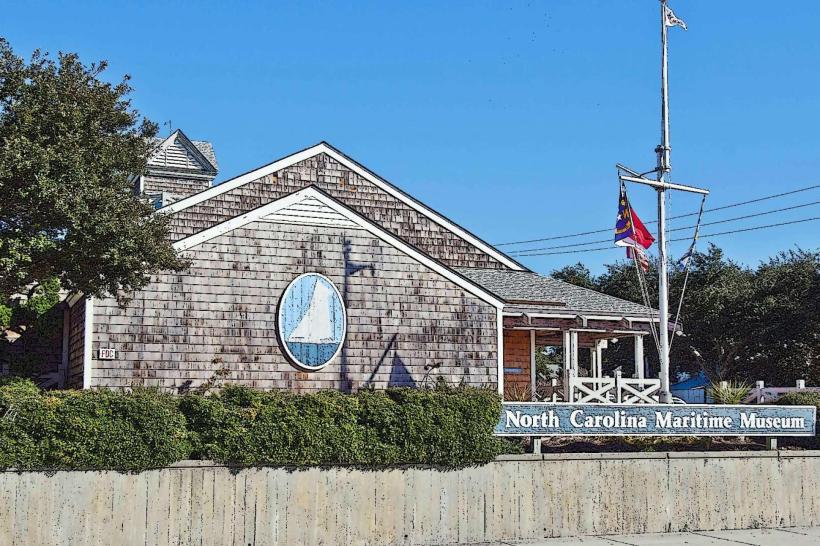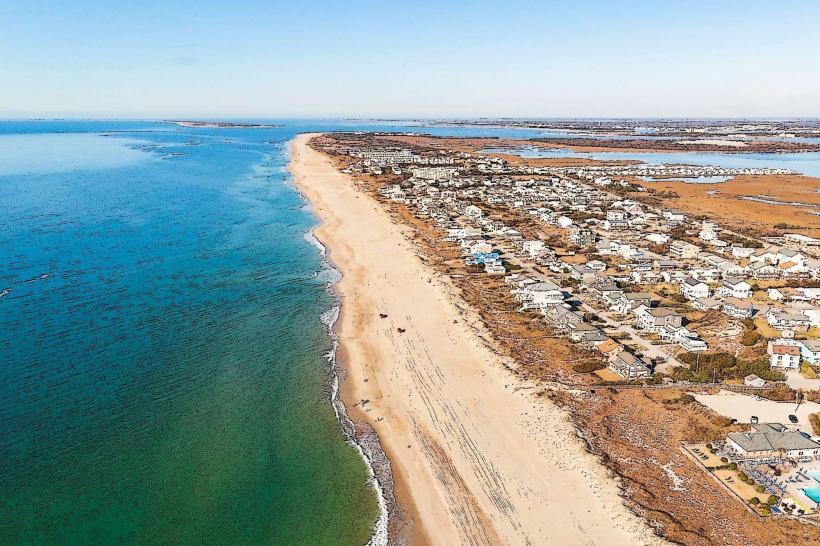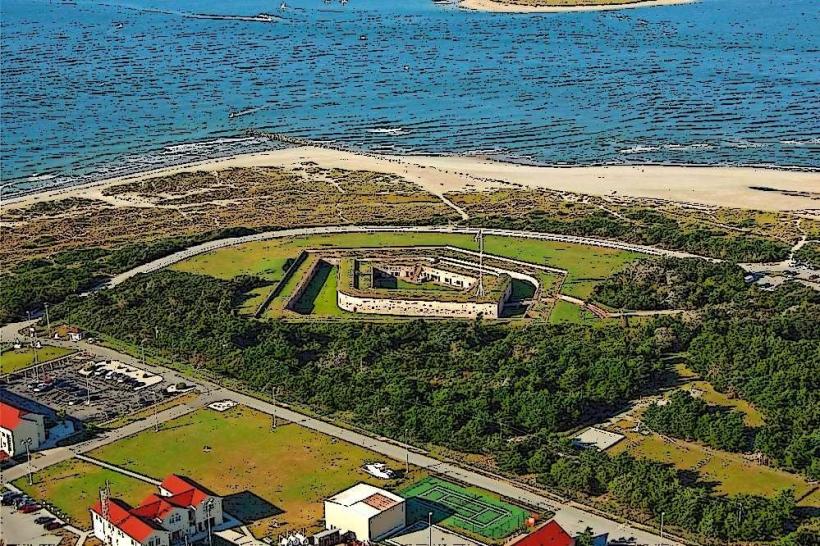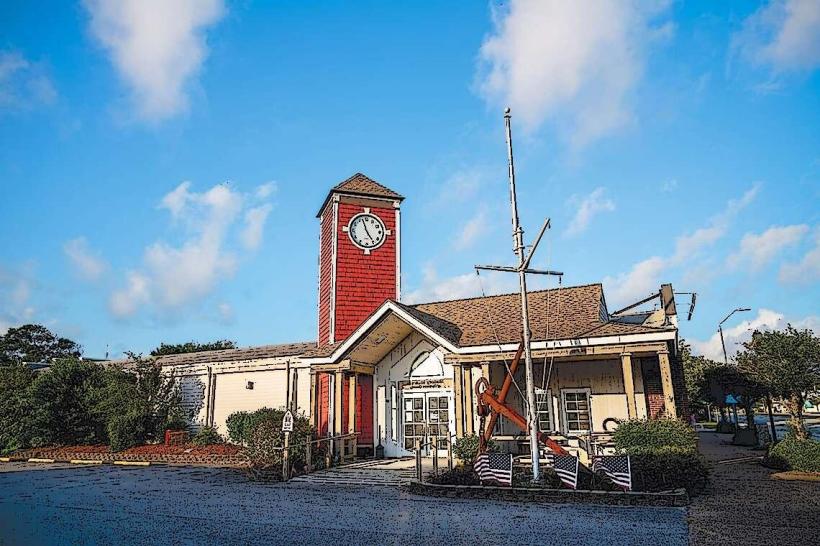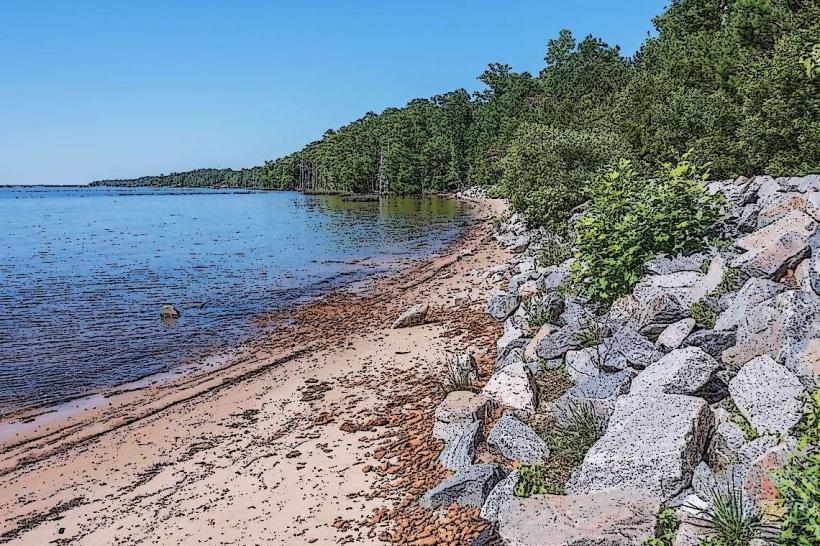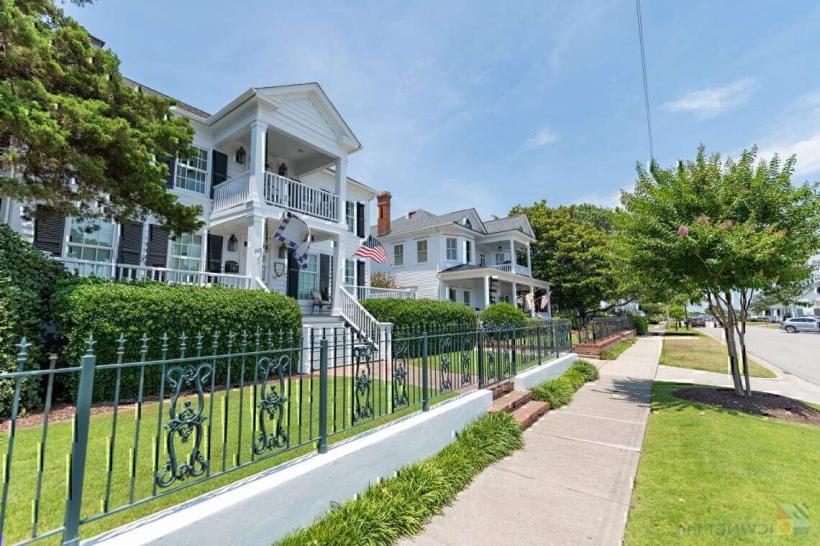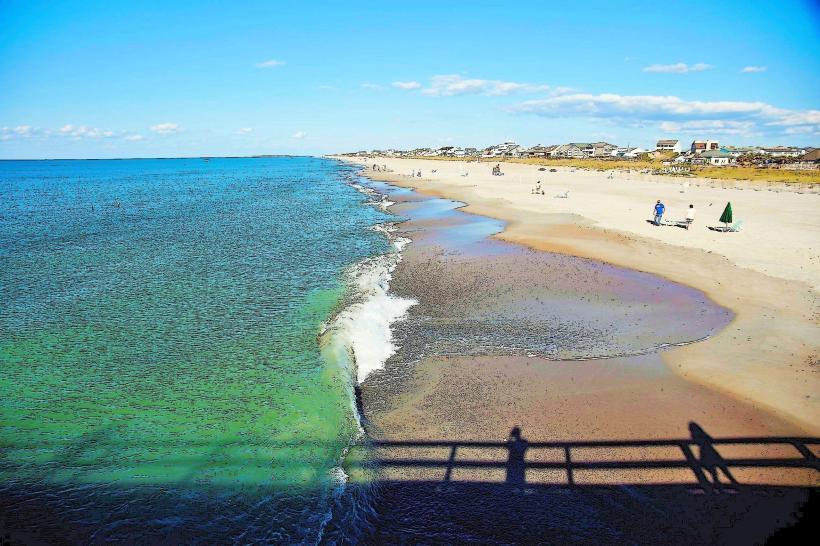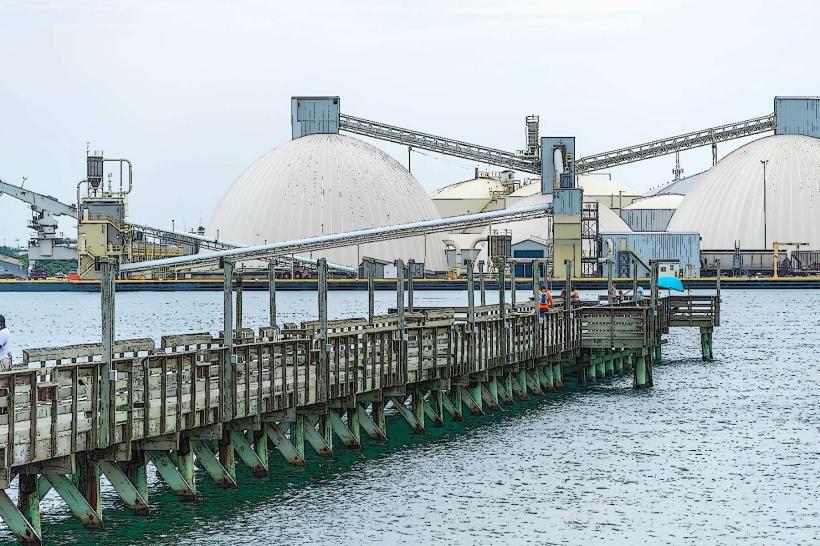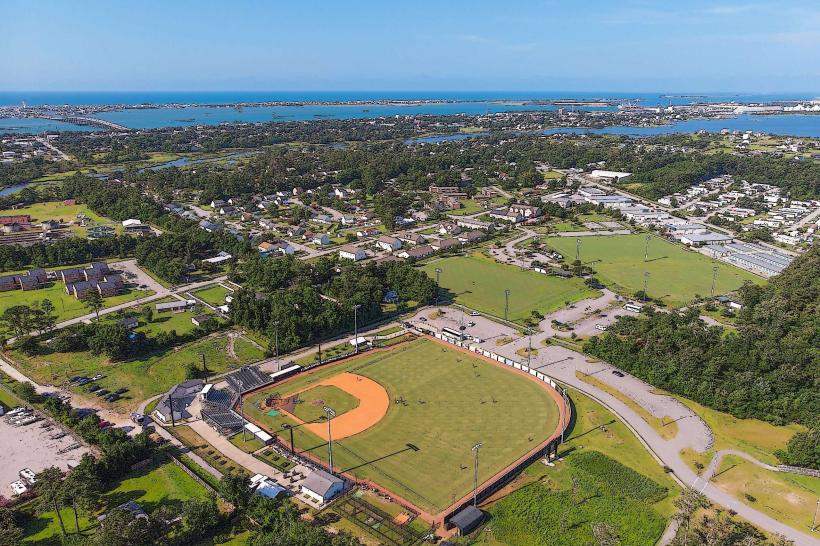Information
City: Morehead CityCountry: USA North Carolina
Continent: North America
Morehead City, USA North Carolina, North America
Morehead City is situated in Carteret County on North Carolina's Crystal Coast. It is a major deep-water port and a premier destination for recreational fishing and maritime commerce.
Historical Timeline
The city was established in the 1850s by John Motley Morehead, a former governor who envisioned it as a "City by the Sea" served by a railroad terminus. Primary governance eras include its 19th-century development as a rail-to-sea transit hub and its 20th-century transition into a major center for the commercial fishing industry and military logistics. A critical historical event was the 1945 expansion of the Port of Morehead City, which remains one of the deepest on the U.S. East Coast.
Demographics & Population
The population within city limits is approximately 9,500, with a significant seasonal increase during summer. The demographics are White (83%), Black or African American (10%), and Hispanic or Latino (4%). The median age is 48.7 years.
Urban Layout & Key Districts
The city is organized along a narrow peninsula. The Waterfront (Arendell Street) is the high-density center for the charter fishing fleet, dining, and independent retail. The Port District to the east is an industrial zone dedicated to global shipping. West Morehead serves as the primary modern retail and residential expansion area. Atlantic Beach, located across the Bogue Sound bridge, is the primary recreational beach district.
Top City Landmarks
North Carolina Seafood Festival Site
Port of Morehead City
Big Rock Blue Marlin Tournament Fountain
North Carolina Maritime Museum (Nearby in Beaufort)
Transportation Network
Movement is serviced by limited regional transit and the CCATS (Carteret County Area Transportation System). The city is the eastern terminus of US-70. Coastal Carolina Regional Airport (EWN) in New Bern (55 km) provides domestic connections. Ride-sharing via Uber and Lyft is active but limited during the off-season. Traffic density is moderate but surges significantly during the summer months and the Big Rock Blue Marlin Tournament.
Safety & "Red Zones"
The general safety level is high. Caution is advised at night in specific areas bordering the industrial port zones and sections of North Morehead, which experience slightly higher rates of property crime. Common scams are rare, usually involving fraudulent seasonal boat slip or vacation rental listings.
Digital & Financial Infrastructure
Internet speeds average 200 Mbps with fiber-optic availability via Spectrum and Brightspeed. Main mobile carriers are Verizon, AT&T, and T-Mobile. Card acceptance is universal. ATMs are concentrated along Arendell Street and within major grocery chains like Harris Teeter or Lowes Foods.
Climate & Air Quality
Temperatures range from 4°C to 13°C in winter and 23°C to 31°C in summer. Air quality is exceptionally high due to coastal winds. Specific weather risks include high humidity and significant seasonal hurricane threats; the city’s low elevation makes it susceptible to storm surge.
Culture & Social Norms
The standard tipping percentage is 18–25%. A handshake is the standard greeting. Dress codes are "Coastal Casual" (shorts and boat shoes). Smoking is prohibited in all public indoor spaces. The city has a deep-seated maritime culture centered on the "Big Rock" blue marlin fishing heritage.
Accommodation Zones
The Waterfront: Recommended for walking access to charter boats, dive shops, and local seafood dining.
Highway 70 / West Morehead: Recommended for national hotel chains and proximity to the Crystal Coast Civic Center.
Local Cost Index
1 Espresso: $4.25 (USD)
1 Standard Lunch: $16.00 (USD)
1 Bridge Toll: $0.00 (The Atlantic Beach bridge is free)
Nearby Day Trips
Beaufort, NC (Historic seaport) (5 km)
Fort Macon State Park (10 km)
Cape Lookout National Seashore (Accessible via ferry)
Shackleford Banks (Wild horse sanctuary) (Accessible via ferry)
Facts & Legends
Morehead City is home to the Big Rock Blue Marlin Tournament, one of the largest and highest-paying fishing tournaments in the world. Historically, it was a primary port for the export of North Carolina tobacco and timber. A local legend involves the "Ghost of Old Quawk," a 18th-century recluse who supposedly disappeared during a storm after cursing the sea; locals claim that during severe weather, his spirit can be heard calling out from the marshes.

